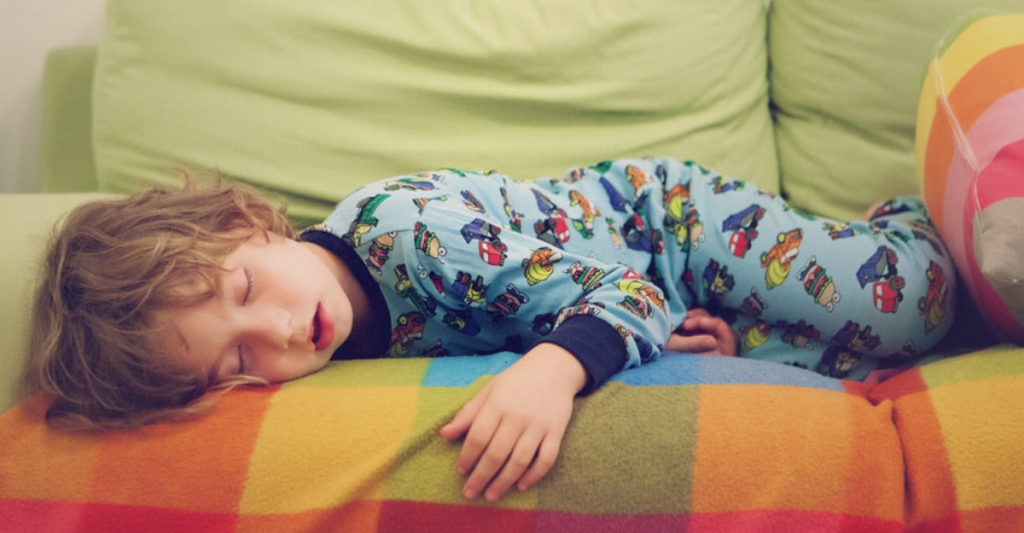Sleep is closely connected to mental health and emotional health. Getting a good night’s sleep helps you stay healthy and alert. On the other hand, lack of sleep makes you feel tired, irritable and exhausted the next morning. Sleep deprivation can also lead to anxiety, depression, bipolar mood disorder, etc.
Experts recommend that adults aged 18-60 years must sleep at least seven hours each night for optimal health and well-being. However, 35% of American adults are not getting enough sleep on a regular basis, according to the Centers for Disease Control and Prevention’s (CDC). If you are one among them, you need to create a bedtime routine and maintain it consistently before going to bed every night.
Bedtime routine – Do’s & Don’ts
- Reduce screen time–Avoid extensive use of gadgets before bedtime. The blue light emitted from the screen delays sleep and disrupts the sleep cycle.
- Clear your mental desktop –If you have any pending task, make it a part of next day’s to-do list. Don’t linger over it. You will notice the stress levels reducing and mental health improving.
- Avoid stimulants – Avoid stimulants like caffeine, tobacco and alcohol before bedtime as they may elevate energy levels, making it difficult to sleep.
- Relax your body – Have a warm water bath or listen to relaxing music.
- Give yourself some space – Pray, read a book, write about your day in a journal, or meditate for about 10-15 minutes.
- Check your diet – Have light food that can be easily digested. If you plan to have a heavy dinner, try to have it earlier than usual.
- Don’t stress overtime – If you are finding it difficult to sleep, don’t fret over it by staring at the clock again and again. Try reading a book or walk around the house for some time.
While it is important for adults to have a healthy routine, it is equally essential to create a relaxing bedtime routine for the children, without screen time, junk food and other stimulants. A recent study published in Science Dailylinked inconsistent sleep times in children to higher body mass index (BMI), thus pointing to the importance of a consistent sleep schedule.
The effects of good sleep on children and their mental health is directly visible in their behavior and ability to regulate emotions.
To begin with, follow these simple steps given below:
- Consistency: Schedule a time to begin your child’s bedtime routine every night, and keep it short — about 10-15 minutes. Ensure the consistency of the routine.
- Dental hygiene: Make sure to include dental hygiene — brushing teeth before bed — in daily checklist.
- Making them feel safe: Try using a security object, like a soft toy, pillow, and blanket, to help the child feel safe and comfortable.
- Screen-free zone: No stimulating activities before bedtime. Keep all electronic devices, such as smart phones, tablets, away from their reach.
- Tidy space: Keep your child’s living space comfortable, tidy and free from noise.
- Calming activities: Include calming activities like reading a book or taking a shower in the routine.
Is there a right or wrong routine?
Absolutely not. There is no particular bedtime routine that is always right or wrong. As long as it helps you relax, maintain a good headspace, and takes care of your mental health – you are good to go.
Reminder – Keep your bedtime routine to the minimum and follow it religiously.
Living amidst a global pandemic, restricted movement and the overlap of work and home environment, keeping track of mental health is the need of the hour. KBC Inc’s initiative, @School brings a greater sense of clarity in how you can manage your mental and physical well-being. The mental health tests designed by our psychologists cater to the needs of both children and adults. The tests cover problem areas ranging from depression, anxiety to eating disorders, and OCD.
Find answers to such queries with @school, a digital go-to tool that is now available for screening individuals. The AI-based tool can guide you in understanding different kinds of exercises, and provide practical tips on how to start your day with simple physical activities and adopt a healthy lifestyle.




